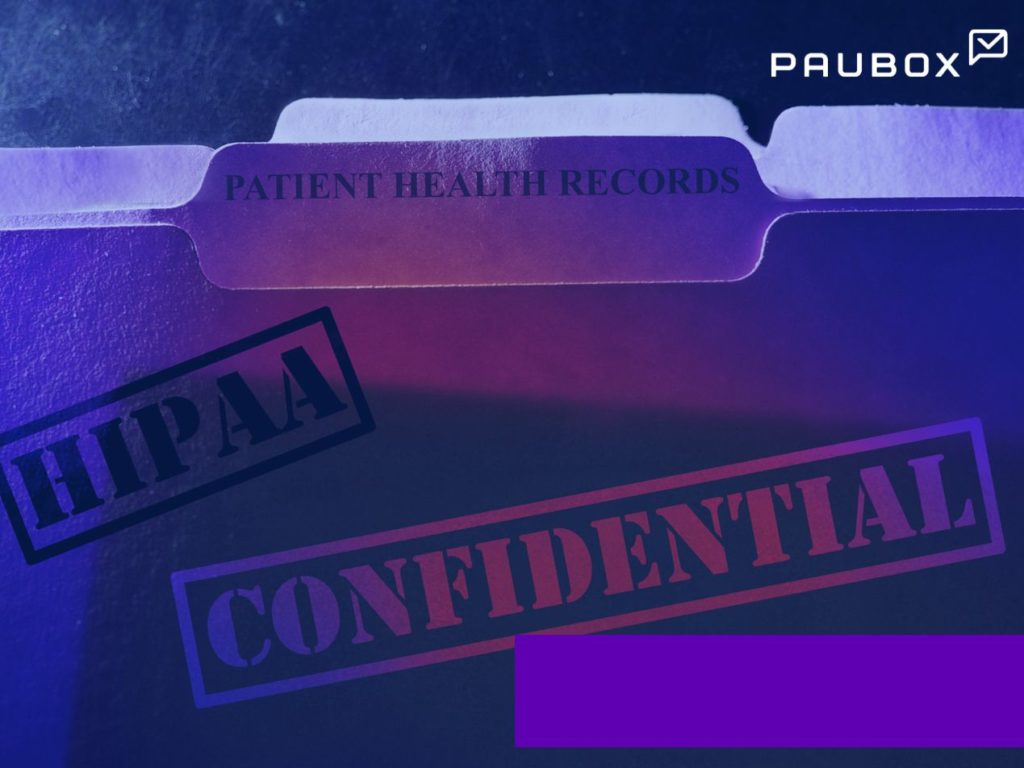
While email communication can be a convenient way to interact with healthcare providers, both patients and providers need to understand the rights provided to patients. This ensures seamless and efficient communication on both sides.
HIPAA and email communication
The HIPAA Privacy Rule establishes guidelines for the appropriate use and disclosure of protected health information (PHI), including in electronic communication. It allows covered entities, such as healthcare providers and plans, to communicate with patients through email while enforcing safeguards to prevent unintentional disclosures. The HIPAA Security Rule complements the Privacy Rule by imposing requirements for the security of electronic PHI. This rule mandates that covered entities and their business associates implement technical, administrative, and physical safeguards to protect the confidentiality, integrity, and availability of patient data when transmitted electronically, including through email.
See also: When is the sharing of email lists permissible?
What communication rights do patients have?
Right to Request Alternative Communication
Patients have the right to request alternative means of communication, such as email, if it's a reasonable and appropriate way for the provider to communicate with them. For example, if a patient prefers to receive appointment reminders via email instead of text messages, the provider should accommodate this request.
See also: HIPAA Compliant Email: The Definitive Guide
Right to Initiate Communication
If a patient initiates communication with a healthcare provider via email, it can be assumed that email communication is acceptable unless the patient explicitly states otherwise. This right acknowledges that patients have the autonomy to initiate conversations with their healthcare providers via email, indicating their preference for this mode of communication.
Right to Privacy and Security
Healthcare providers are allowed to use unencrypted email for treatment-related communications with patients. However, providers must apply reasonable safeguards to protect patient privacy, such as verifying email addresses and limiting the information disclosed in unencrypted emails. HIPAA's Security Rule also applies to ensure the security of electronic PHI
Right to Receive Notices
Patients have the right to receive notices explaining how their health information may be used and shared, including information about email communication. These notices empower patients to make informed decisions about consenting to electronic communication, enabling them to weigh the benefits of convenient access against potential vulnerabilities.
Right to Request Restrictions
Patients can request restrictions on how their health information is used or disclosed, including in email communication. If a patient requests that specific information not be shared via email, providers should accommodate this request if reasonable.
Right to File Complaints
If patients believe their privacy rights are being denied or their health information isn't properly protected in email communication or other contexts, they have the right to file complaints with their healthcare provider, health insurer, or the Department of Health and Human Services (HHS).
Right to Access and Correct Information
Patients have the right to access their health records and request corrections to any inaccuracies. This right enables patients to request access to their electronic health information, including that communicated via email, empowering them to stay informed about their medical status and treatment plans. Patients can verify the accuracy of information shared through email and request corrections if discrepancies arise.
In the realm of email, this right ensures that patients can review email exchanges, medical records, and treatment-related information at their convenience, enhancing their active involvement in their care.
See also: UnitedHealthcare settles with HHS over right of access violation
Subscribe to Paubox Weekly
Every Friday we bring you the most important news from Paubox. Our aim is to make you smarter, faster.




